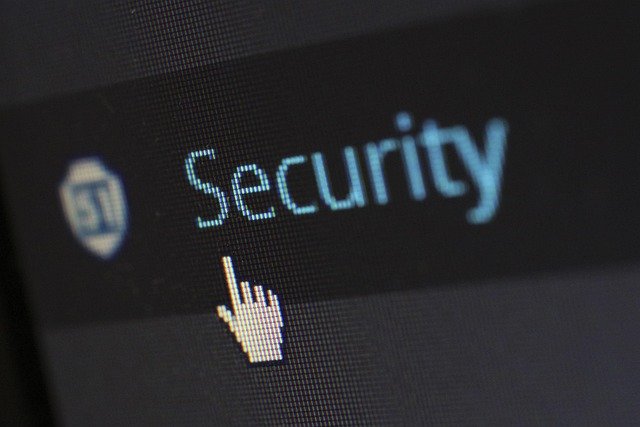Protect Your Online Privacy With These Simple Security Tips
In today's interconnected world, protecting your online privacy has become more crucial than ever. With cyber threats evolving constantly, implementing robust security measures is essential for safeguarding your digital identity and personal information. This comprehensive guide will walk you through practical steps and tools to enhance your online privacy and security.

Why is Online Privacy Protection Important?
Online privacy protection serves as your first line of defense against identity theft, data breaches, and cyber attacks. In the digital age, personal information has become a valuable commodity, making it essential to safeguard your digital footprint. By implementing proper security measures, you can prevent unauthorized access to your sensitive data and maintain control over your online presence.
What Basic Security Measures Should Everyone Implement?
Start with fundamental security practices that form the foundation of online privacy:
-
Use strong, unique passwords for each account
-
Enable two-factor authentication wherever possible
-
Regularly update your software and operating systems
-
Be cautious when connecting to public Wi-Fi networks
-
Use a reliable virtual private network (VPN) for encrypted connections
How Can You Protect Your Social Media Privacy?
Social media platforms require specific attention to privacy settings:
-
Review and adjust privacy settings regularly
-
Limit the personal information you share publicly
-
Be selective about friend requests and connections
-
Avoid posting sensitive information or location data
-
Use privacy-focused alternatives to popular messaging apps
What Tools Can Help Secure Your Online Data?
Several essential tools can significantly enhance your online privacy:
-
Password managers for generating and storing secure passwords
-
Encrypted email services for confidential communications
-
Secure cloud storage solutions with end-to-end encryption
-
Ad blockers and privacy-focused browser extensions
-
Anti-malware software with real-time protection
How to Protect Your Personal Information While Shopping Online?
Online shopping requires additional security measures:
-
Use trusted payment methods and secure websites (look for HTTPS)
-
Create unique accounts for different shopping platforms
-
Monitor your credit card statements regularly
-
Avoid saving payment information on websites
-
Use virtual credit card numbers for online purchases
Recommended Privacy Protection Tools and Their Features
| Tool Type | Provider | Key Features | Monthly Cost |
|---|---|---|---|
| VPN | NordVPN | Encryption, No-logs policy, Multi-device | $11.95 |
| Password Manager | LastPass | Secure storage, Password generator, Multi-factor auth | $3.00 |
| Secure Email | ProtonMail | End-to-end encryption, Zero access | Free - $9.99 |
| Anti-malware | Bitdefender | Real-time protection, VPN included, Password manager | $7.99 |
Prices, rates, or cost estimates mentioned in this article are based on the latest available information but may change over time. Independent research is advised before making financial decisions.
Maintaining online privacy requires ongoing vigilance and regular updates to your security practices. By implementing these protective measures and utilizing appropriate tools, you can significantly reduce your risk of becoming a victim of cybercrime while maintaining control over your digital identity. Remember that online privacy is not a one-time setup but a continuous process of staying informed and adapting to new security challenges.




